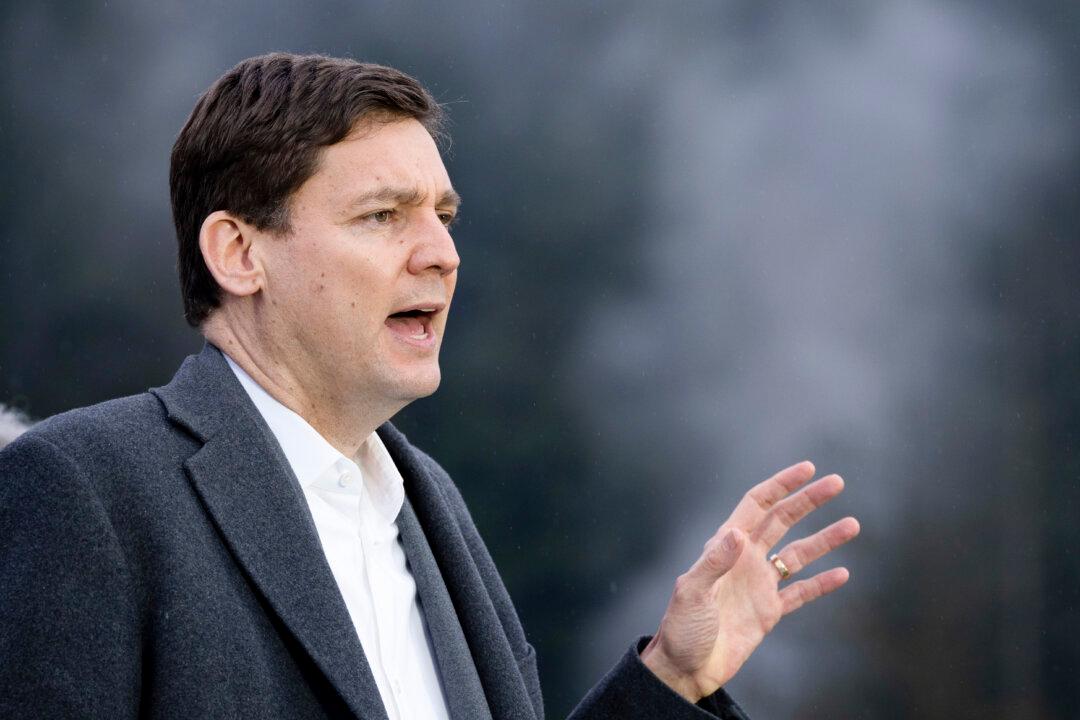The government of British Columbia is changing course on public drug use.
“Illicit drugs and hard drugs should not be used where kids are playing, where patients are recovering, or community life is lived,” Premier David Eby told a news conference on April 26.





